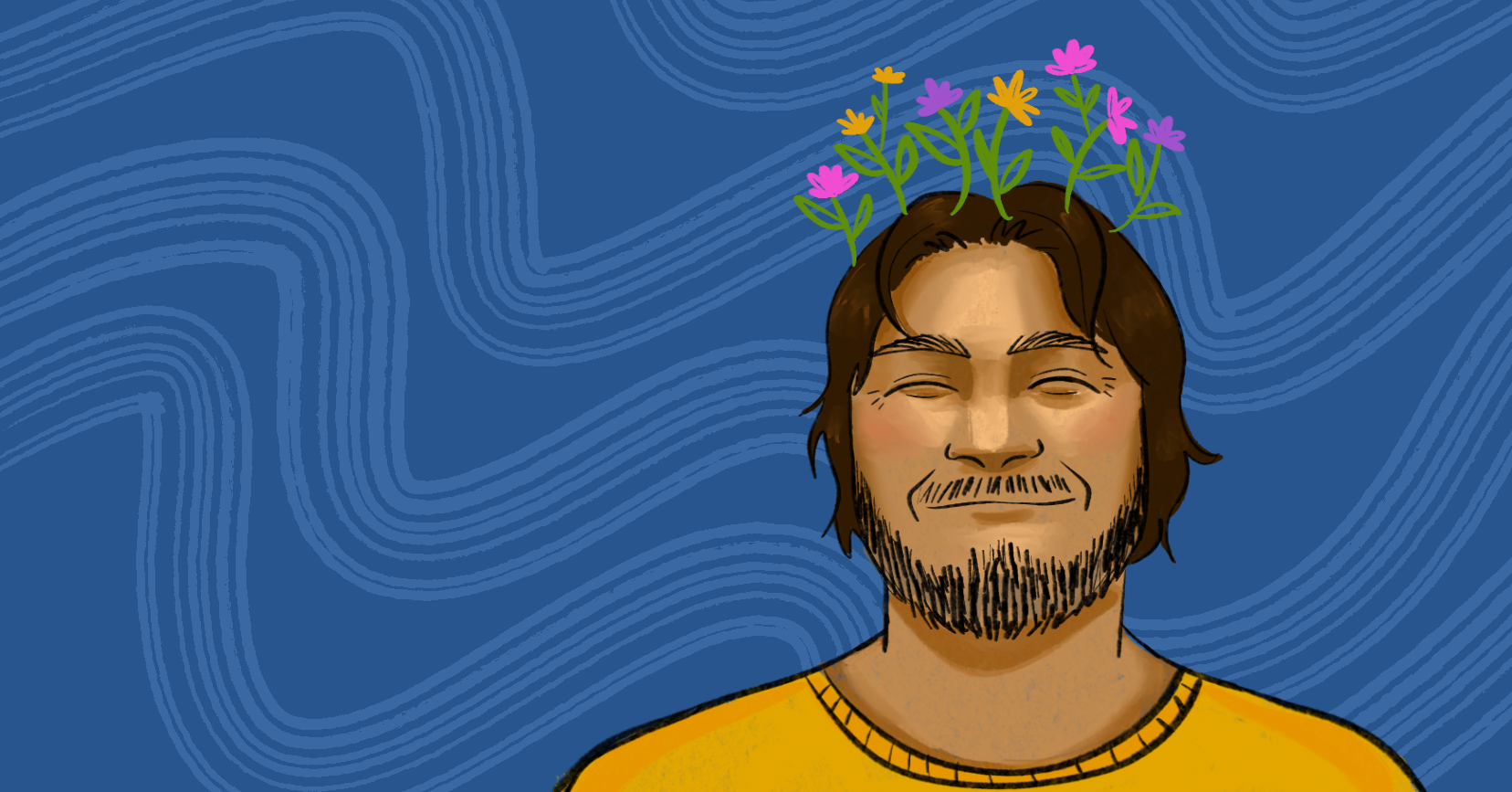Recent tweet by Elmo represents a major mental health crisis not just for Americans but worldwide
What seemed to be an innocent wellness check by everyone’s favourite muppet turned into a mass online trauma dumping session.
On January 29, Sesame Street’s beloved muppet character, Elmo, checked in with his fans on X, formerly Twitter, not realizing his question would trigger an outburst of angst among users.
The post asked, “Elmo is just checking in! How is everybody doing?” As of February 1, the post gained almost 200 million views, more than 12,000 reposts, and over 140 thousand likes.
The responses reflected a larger issue at stake in mental health not only for North Americans but the entire world. In 2019, 970 million individuals worldwide struggled with a mental disorder, with anxiety and depression being the most common.
Elmo’s post gained traction from many X users, including a response from US President Joe Biden who wrote, “I know how hard it is some days to sweep the clouds away and get to sunnier days.”
Biden continued, “Our friend Elmo is right: We have to be there for each other, offer our help to a neighbor in need, and above all else, ask for help when we need it.”
The World Health Organization describes mental health as a “state of mental well-being that enables people to cope with the stresses of life, realize their abilities, learn well and work well, and contribute to their community.”
The organization describes the economic consequences of mental health conditions as “enormous,” portraying a dire demand for mental health relief. According to their website, people struggling with severe mental health conditions die 10 to 20 years earlier than the average population.
Mental health issues represent a growing concern for Canadians. According to the Canadian Mental Health Association (CMHA), mental health struggles affect all Canadians at some point in their lives. In any given year, one in five people in Canada will personally struggle with mental health issues. Nearly half of the population will have or have had a mental illness before they reach the age of 40.
Post-secondary students are also heavily impacted by mental health issues. According to a survey conducted in 2022 by the Gallup and Lumina Foundation, two out of five undergraduate students say they often experience emotional stress while enrolled in college.
Chair of the American College Health Association’s mental section and senior staff psychiatrist at Ohio State University, Ryan Patel, provides insight into how mental health can be managed. One way to build support for students according to Patel is to track progress through self-assessment of symptoms and gauges of functioning, such as class attendance and staying up-to-date with assignment deadlines.
For many students, the winter months pose a huge challenge to mental health. Seasonal affective disorder (SAD) is a certain type of depression that is consistent with changes in seasons. For many, symptoms begin in the fall and continue during the winter months.
According to a 2024 article by CMHA, symptoms of SAD can include feelings of anxiety or hopelessness, increased irritability, frustration or guilt, and a desire to stay indoors.
Movement is one way to decrease these symptoms and increase mood indoors. The article indicates that only 20 to 30 minutes of movement every day can have a significant positive impact on mental health.
For students of all three U of T campuses, many resources are available to relieve mental health stress. Launched in 2020, Navi is one of the university’s latest resources. Navi is a chat-based virtual assistant which helps students find information on many topics including information regarding mental health services.
U of T Telus Health Student Support, formerly known as My Student Support Program, is another key resource available for U of T Mississauga (UTM) students. According to the university’s website, the service offers “immediate and confidential access to culturally relevant counselling in your native language, day or night.” They can be reached at 1 (844) 451-9700.
The Health and Counseling Centre is also available for students and can be contacted at health.utm@utoronto.ca or visited in room 1123A in UTM’s Davis Building.
Aside from campus resources, there are many services available for mental health support. Open 24 hours a day and seven days a week, CMHA’s Peel Dufferin offers crisis support for anyone experiencing a mental health crisis. For support, their number is (905) 278-9036, or for non-crisis information, (905) 451-2123.

